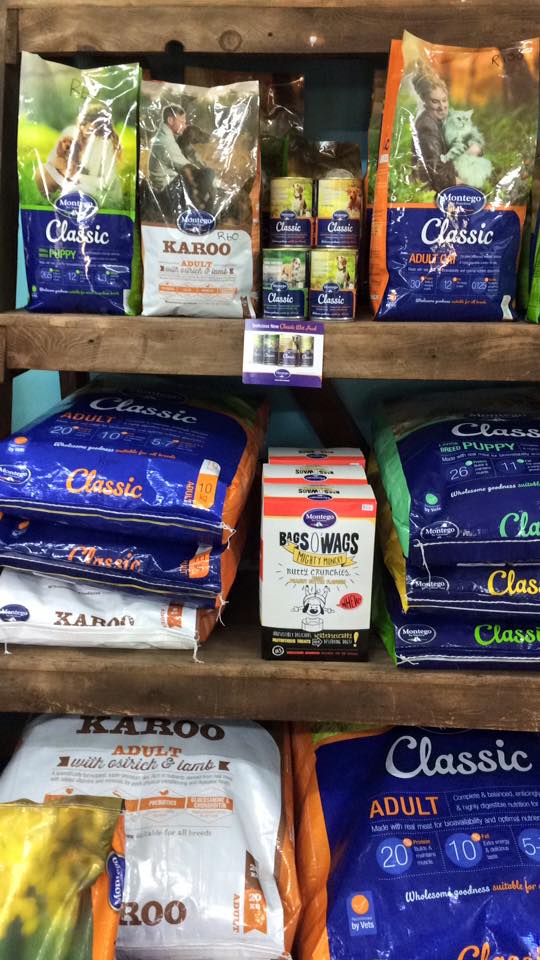

|
I deal with dogs having to meet other dogs on a daily basis. But knowing a few tricks can make it a little easier on both you and your dogs. It's never really easy and it can be very stress full. Even if your dog is well socialised anything can happen and it's not to say that the dog that is wagging up his tail to meet yours is well socialised. Try to meet on neutral ground. I have spoken previously about calming signals...sniffing on the ground, yawning, blinking, licking of lips, shaking, turning away, body blocking, lying down, giving paw, walking with a bow instead of head on and many more. Some of these are signs we can use to calm and enforce our dogs wanted behaviour. All dogs know this language and a dog who can communicate this well to another dog that is scared or aggressive can be stopped in his tracks with these signals. But...you do get dogs that due to being UN socialised or mistreated that loose these signals. They loose the dog in them and learn to get coping skills. These can include things like barking non stop, digging holes, turning to fight instead of flight to wards other dogs, growling, nibbling, scratching etc. How does this happen, well most of the time it's us humans that cause this. Dogs loose who they are by being scolded all the time or being handled with aggression or harshness, family stress, by pulling dogs on leads or leaving them alone for long periods of time every day and leaving them alone with another dog that frightens them, not being socialised with other dogs and places as a puppy, getting to much attention with no boundaries etc. How to handle meeting a new dog for the first time. if you know your dog is a biter put a muzzle on. It's not a solution, but it's a tool to help protect both dogs to be able to train the dog’s behaviour to a wanted behaviour. Leave a leash on both dogs hanging from their collars or harnesses so that you have something to pull on if needed. You should never put your hands in between them. Let go of the dogs and give them ample space to explore and meet each other. Never crowd dogs or let them meet in narrow spaces. Don't go over to the new dog and give him attention as it may upset your dog. If it's a puppy don't pick the puppy up over the older dogs head. As the adult dog is the superior dog and lifting the puppy up higher may confuse this issue. When you do hold the puppy and the older dog comes over to smell the puppy, be kind to both dogs. So that the older dog can see that you like this puppy and that your older dog does not need to protect you from the puppy. If dogs do get into a fight, bang pots together, get the hose pipe, open an umbrella over them, scold them in a deep husky voice or throw a blanket over them. Never scream and panic this can only encourage the fight and never kick the dogs as it can stir in the aggression. Remember dogs never fight just because they felt like it, there is ALWAYS something that triggers the fight. Most of the time it can be humans that caused it. It's important to be aware of the dog’s body language. A stiff square body, growling, lips moving upwards and wrinkles forming under the eyes can be signs that your dog is not responding well to his new dog friend. Puppies can try to lick an older dog by lowering his body, pulling his ears back and licking the older dogs open mouth. This is to tell him, please do not harm me. These are just a few examples there are so many that can't be explained in one letter, but I do hope that this can help you when your dog is meeting a new friend. Remember most of all don't be stressed as your dog will feel your tension and react according to that. And if the meeting does not go so well and they do get a bite mark or two...its okay dog’s skins are meant to be able to tear unlike ours. It' heals up pretty quickly and dogs rarely hold grudges as they live in the moment from day to day. Dogs that want to kill will, they won’t just give one or two light wounds. If you are able to stop a fight with your Husky voice it means that they don’t really want to fight. But still be aware and try to avoid it. Never scold a dog that growl’s it’s your only sign of what he is intending to do. Try to change the behaviour by replacing it with something like sit and give paw. If you scold at your dog for growling he will just go to bite and not warn you next time. Please come and visit my dog-care-centre Shop at our premises or visit us online for more detail
|

